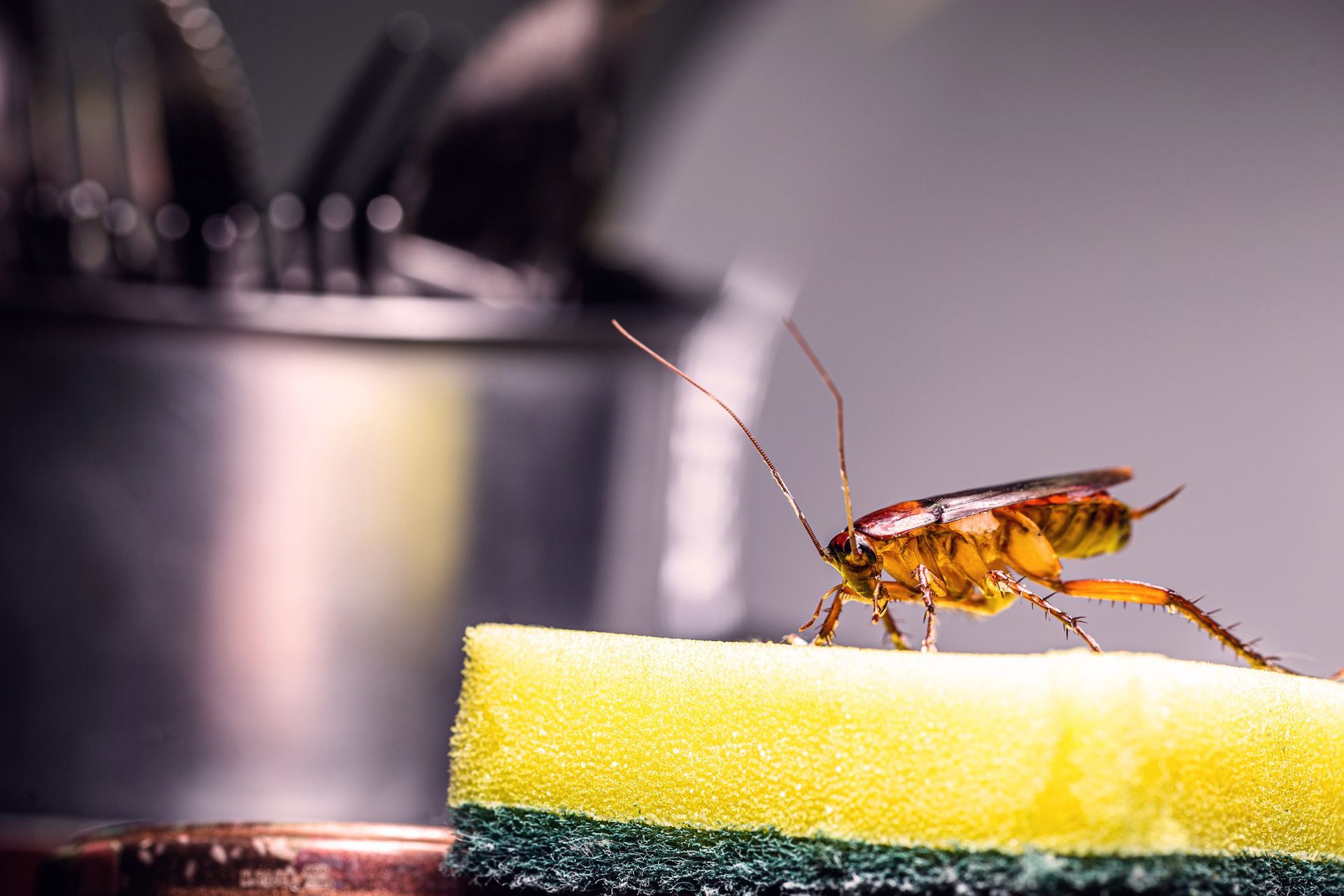How Cockroaches Survive the Boston Winter
When you think of winter in Boston, you probably imagine snow-covered streets, cozy blankets, and warm cups of cocoa. But while you’re curled up inside, there’s an unseen threat lurking — cockroaches. These persistent pests are more than just a nuisance; they’re tough survivors capable of withstanding extreme conditions, and they’re not afraid of Boston’s chilly winters. Here’s what you need to know about cockroaches, their behavior in the winter, and how to protect your home from these resilient invaders.
Why Cockroaches Love Winter
Contrary to popular belief, cockroaches don’t hibernate in the winter months. In fact, they remain active throughout the year, seeking warmth and food in your home or business. As temperatures drop outside, cockroaches head indoors to avoid the cold, where they can find everything they need to thrive — food, water, and shelter.
Boston’s winter climate is perfect for cockroaches to invade your space. The city’s aging buildings and sealed windows and doors provide the perfect environment for cockroaches to hide, especially in kitchens, bathrooms, basements, and even inside walls. When the outdoor temperatures dip, these pests move inside to find warmth and access to easy food sources. The heat generated by your appliances, plumbing, and electronics is especially attractive to them.
How Cockroaches Survive Cold Weather
Cockroaches are incredibly tough. They’re capable of surviving harsh conditions by entering a state of dormancy known as “torpor” when the temperature drops too low. During this time, they slow down and conserve energy. However, even in torpor, they are still capable of surviving and can become active again as soon as the temperature rises — or when they detect food sources.
Even more concerning, cockroaches are known to carry dangerous bacteria and allergens that can cause health issues, especially for those with asthma or allergies. Their ability to multiply quickly means that a small problem can escalate into a full-blown infestation before you even realize it.

Preventing Cockroach Infestations in the Winter
The best way to avoid a cockroach infestation is to take preventive measures to eliminate potential entry points. Start by sealing cracks and crevices around windows, doors, and baseboards. Since cockroaches are expert invaders, even the smallest gap is an invitation for them to enter your home.
Another effective tactic is to keep your space spotless. Cockroaches are scavengers and are attracted to food and water sources. Regularly clean under appliances, in cabinets, and along baseboards to eliminate any crumbs or spills. Take out the trash daily and store food in airtight containers. Also, don’t forget to fix any leaky pipes or faucets — cockroaches need water to survive, and a leaky faucet is like a welcome mat for them.
If you notice any signs of a cockroach infestation, such as droppings, egg cases, or the pests themselves, don’t wait. The earlier you catch the problem, the easier it will be to control. Beantown Pest Control offers expert cockroach extermination services and can help identify the source of the problem.
Protect Your Home with Beantown Pest Control
Cockroaches may seem like an impossible problem to solve, especially in the winter when they seek refuge indoors. However, with proactive measures like sealing entry points, keeping a clean home, and scheduling regular pest control inspections, you can protect your property from these resilient invaders. If you suspect a cockroach infestation, Beantown Pest Control is here to help with fast, effective solutions.
Don't let roaches take over your home this winter. Beantown Pest Control offers effective removal services to ensure your property and family are safe. Our experienced technicians will identify and remove the problem, keep your home and family safe.
Contact Beantown Pest Control
Call Beantown Pest Control today at 781-443-3869 to schedule all your pest removal needs. Visit our website at
BeantownPest.com to learn more about our services and how we can help you protect your home.


